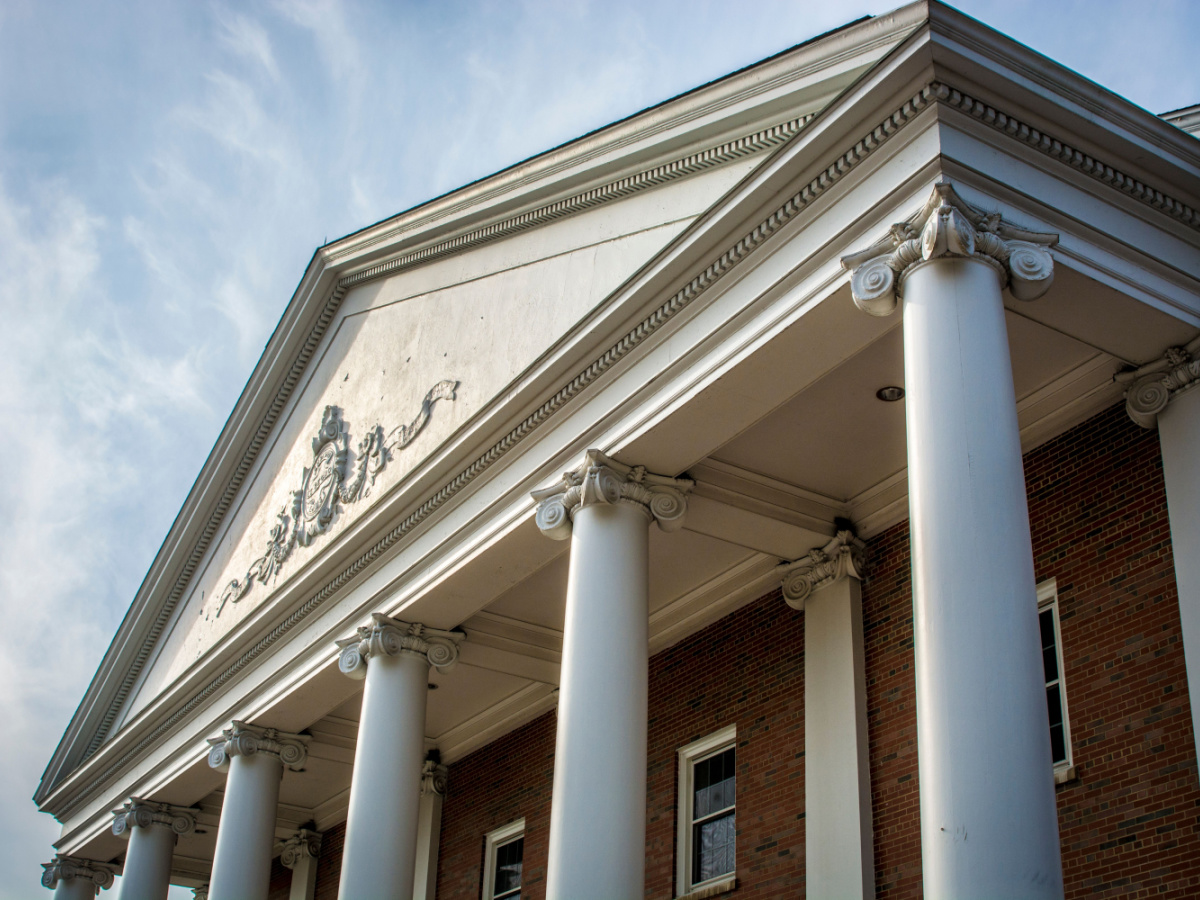
Wheaton College is usually called the “Harvard of Christian Schools” due to its academic rigor being relatively comparable to the Ivy League school. Its notable graduates range from Billy Graham to Dan Coates, former Director of National Intelligence and U.S. senator. However, recently, the school in the suburb west of Chicago has started mimicking some of Harvard’s ideals.
Teaching critical race theory, banning biblical words, and psychologizing gender identity issues might not seem extreme in modern academia, but for a school that houses the works of Rev. Graham, C.S. Lewis, and J.R.R. Tolkien, it’s a far cry from its orthodox Christian moorings. Still, this isn’t a recent drift. In the 2000s, the education department commended the teachings of Marxists.
In 2016, 78 faculty members voiced support for a fellow professor who stated Christians and Muslims worship the same God, and five years later, the school held its first ceremony recognizing graduating minority students sans White students. But its most blatant offense against Christianity is banning certain biblical words that are key to the faith’s foundation. In this year’s curriculum for freshmen, students are informed about opportunities to meet the needs of those less fortunate, commonly known as the act of service.
However, Wheaton instructs the students not to use the word “service.” Instead, they are to use “sacrificial co-laboring.” The reason given is service “may invoke power dynamics across socio-economic, racial, and cultural lines.” For those in the Christian faith and outside of it, the existence of an unbalanced power dynamic is the very reason for service. Furthermore, the crux of Jesus’ ministry on earth was serving. And His service erased the superficial lines dividing people and united them around Himself.
Another word found in numerous Bible translations is also out: mankind. Seeing this word is prohibited, it’s not surprising the very definition of man and woman is on shaky ground. According to biblical anthropology, a person’s sex is known by what is seen, not by what one feels. An endowed chair in Wheaton’s psychology program believes this is the ideal way for humans to exist: men identifying as men and women as women. In light of these shifts away from the Bible, would Billy Graham, the most influential 20th-century evangelical, endorse his alma mater?
In the 19th century, Harvard was slowly and permanently transformed from a Christian university into a secular one. In-vogue philosophies eventually toppled belief in a trinitarian God. With the shifts mentioned above, it may seem like a slow drift. But a gentle tide can carry a boat far from its dock.


